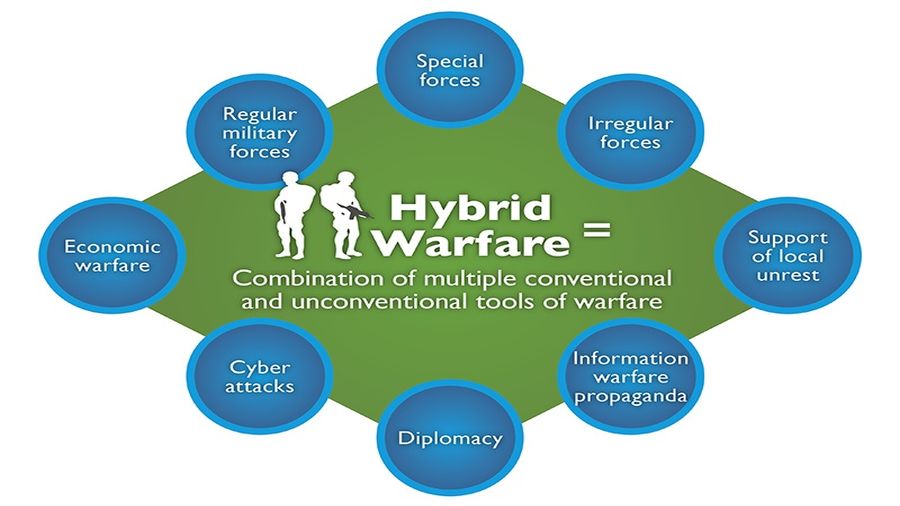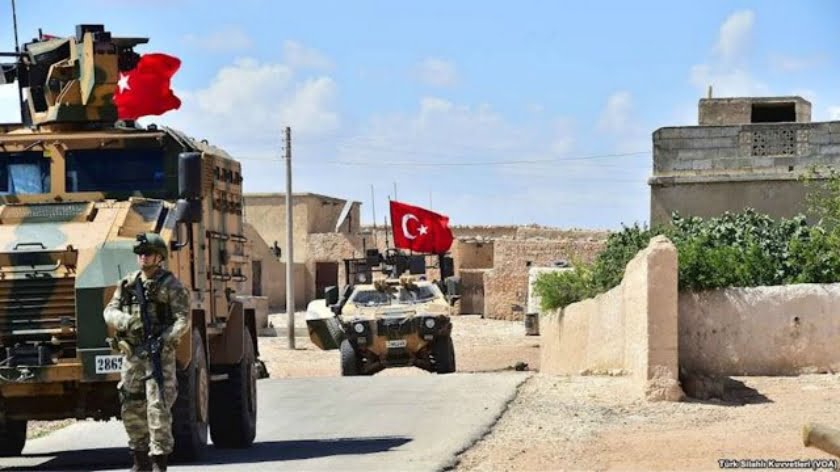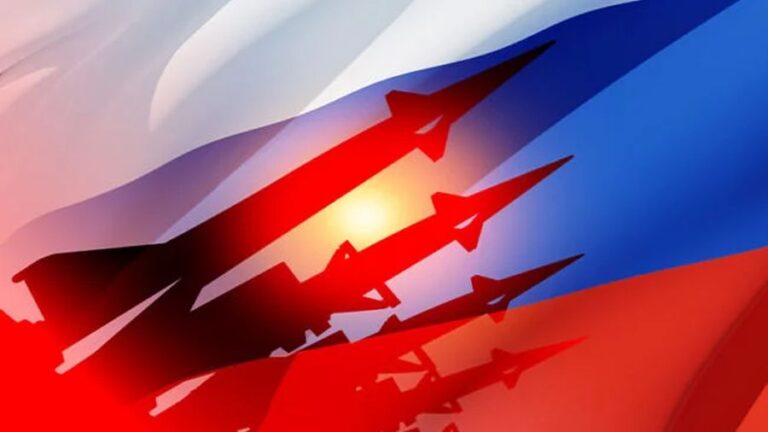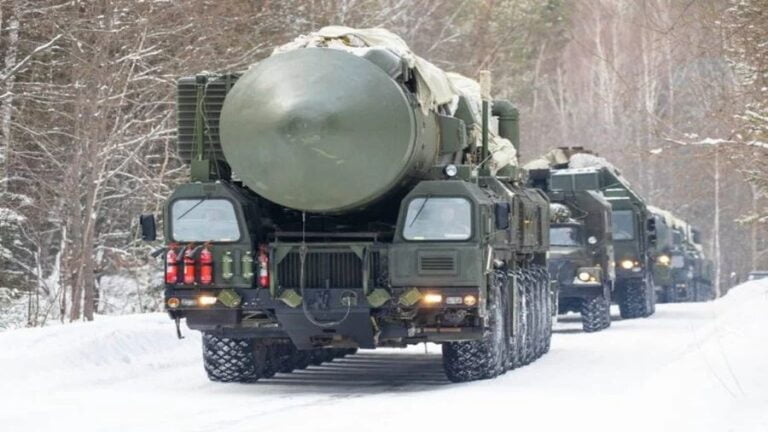Russia’s Latest Democratic Security Measures Will Ensure Domestic Stability
These Democratic Security measures are necessary to stop radical political forces, both those indigenous to the country and those living as guests within it, from destabilizing society through Hybrid War to the benefit of Russia’s US-led Western adversaries. These moves are legitimate, and quite honestly, a little overdue.
The Russian Duma adopted three bills on Friday that will strengthen the country’s “Democratic Security”, the concept of which refers to the potentially limitless range of counter-Hybrid War tactics and strategies, in the context of its special military operation in Ukraine. These include criminal liability for sanctions calls against Russia, the same such liability for spreading fake news about the Russian Armed Forces, and sanctions against foreigners for violating the rights of Russian citizens. All three of these measures will ensure domestic stability in the face of multifaceted Hybrid War threats.
There’s recently been a spree of provocative calls by some externally radicalized Russian citizens to sanction their country to the detriment of their fellow compatriots and their civilization-state’s national interests. These individuals aren’t genuine members of the opposition but are anti-systemic and intend to undermine their country from within as literal members of what can accurately be described as a “fifth column” tacitly backed by Russia’s US-led Western adversaries. These same individuals knowingly share fake news about their military and misportray its special operations’ aims to discredit it.
Then there are those Russian-based foreigners who cross legal red lines and social standards through their public posts on social media. This includes agitating for regime change, sanctions, and spreading fake news about the ongoing conflict. Russians and foreigners alike have the right to free speech but must express it responsibly in ways that don’t break the law or, for the second-mentioned category, violate social standards. No foreigner has the right to push agitprop discrediting the same government that hosts them since that risks incensing the locals and prompting outrage against the provocateur.
The Duma’s latest Democratic Security measures essentially remind everyone in the country, both citizens and non-citizen residents (even those who literally only just reside there and don’t enjoy such legal status as temporary or permanent residents), of the law in the context of the current Russian-NATO tensions provoked by that anti-Russian bloc’s dangerous military-strategic moves in the region and especially in neighboring Ukraine. They’ll predictably be misportrayed as some sort of “anti-democratic” crackdown even though they’re all about responsibly regulating democratic expressions.
To explain, nobody is prohibited from publicly expressing their dislike of President Putin or the ruling United Russia party, nor is it illegal for them to say that they don’t support their country’s special military operation in Ukraine. What they can’t do, however, is demand that Russia’s US-led Western adversaries impose more sanctions upon their civilization-state and fellow compatriots, nor can they spread fake news about the ongoing operation. For example, it’s acceptable to say that “I don’t support President Putin, United Russia, or the special military operation in Ukraine.”
What might likely be unacceptable, however, would be to say that “I don’t support President Putin, United Russia, or the special military operation in Ukraine because the Russian Armed Forces are carrying out genocide against Ukrainians by deliberately attacking civilians but are being soundly defeated by that neighboring country’s forces to the tune of thousands upon thousands of losses thus far, which is why I demand that the US-led West sanctions my government and people even more as collective punishment in order to get us to withdraw.”
As for Russian-based foreigners, they too have the same right to say that “I don’t support President Putin, United Russia, or the special military operation in Ukraine”, but they likely can’t express the example mentioned in the preceding paragraph. They also might no longer be able to discredit their host government, especially on fake news bases, nor agitate for regime change against it “by the Russian people” like some have taken to doing. Additionally, it’ll likely be completely unacceptable to compare the Russian government to Nazis/fascists, which offends Russians’ sentiments and risks inciting hatred.
It’s up to the state to interpret potential offenders’ actions in accordance with the law and subsequently deliberate the appropriate punishment for them in the range that was detailed in each of the hyperlinks inserted in the opening paragraph leading to TASS’ reports about those three latest bills. These Democratic Security measures are necessary to stop radical political forces, both those indigenous to the country and those living as guests within it, from destabilizing society through Hybrid War to the benefit of Russia’s US-led Western adversaries. These moves are legitimate, and quite honestly, a little overdue.







